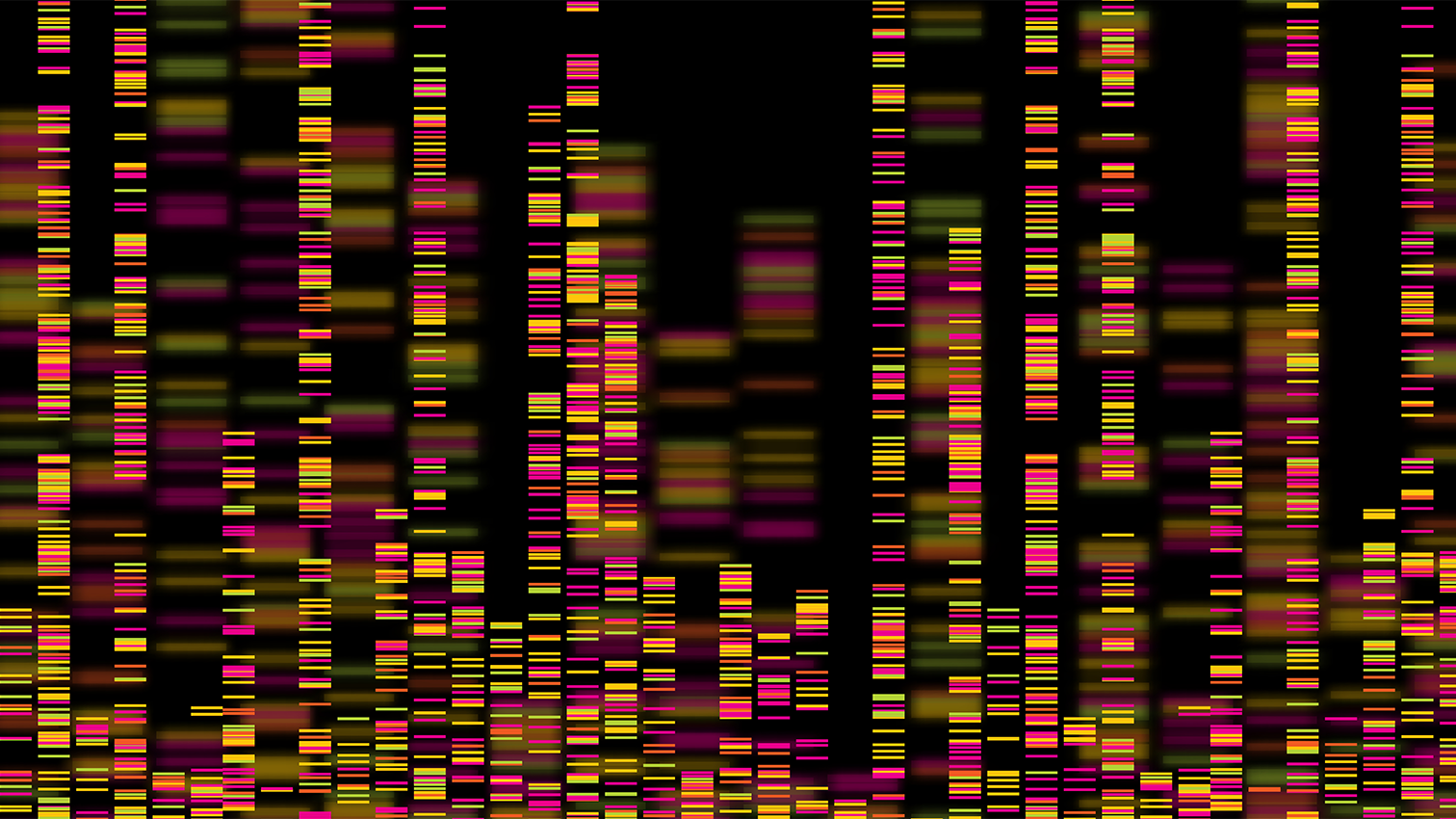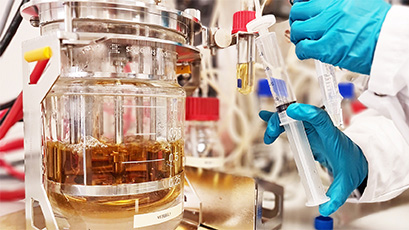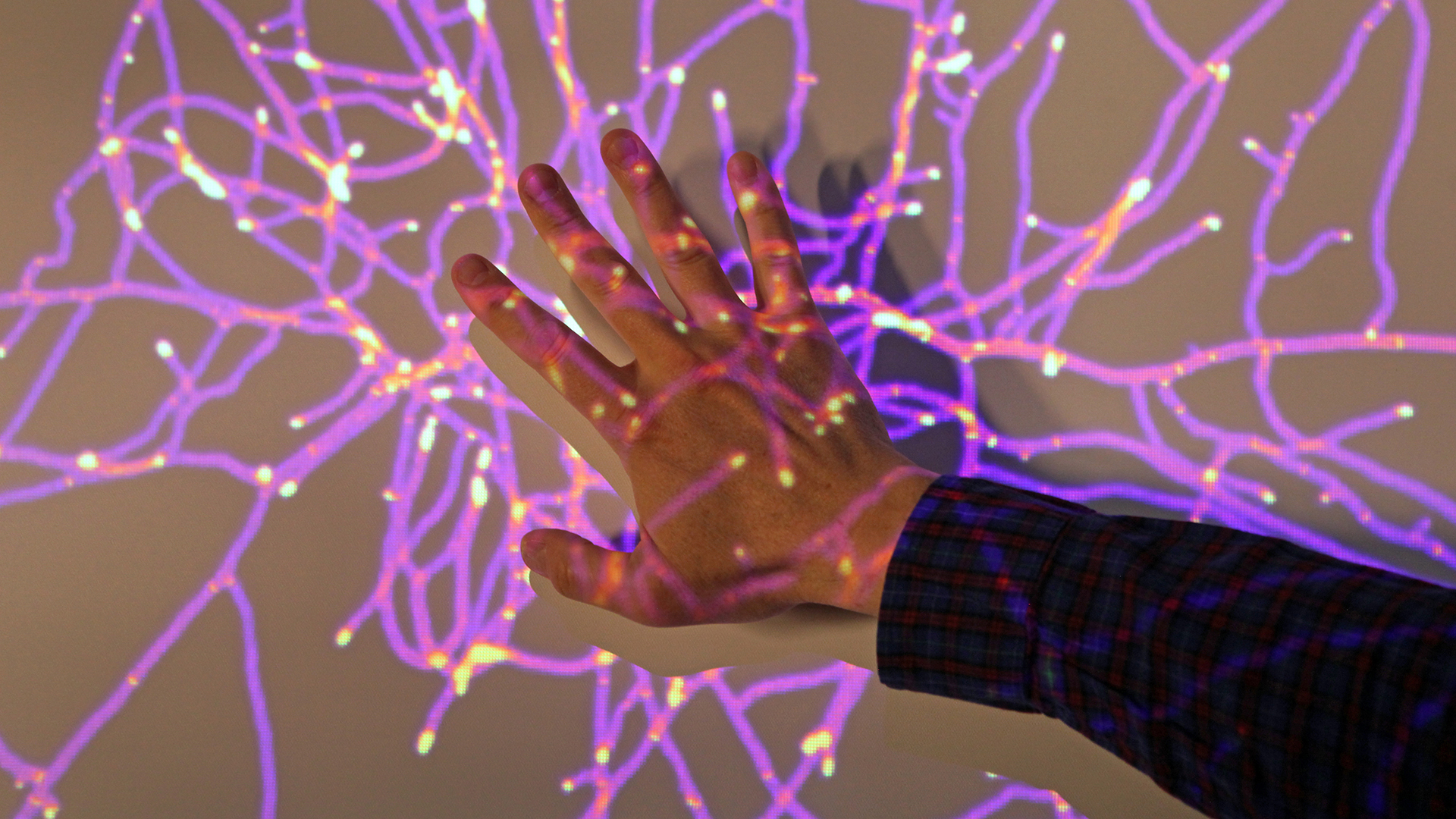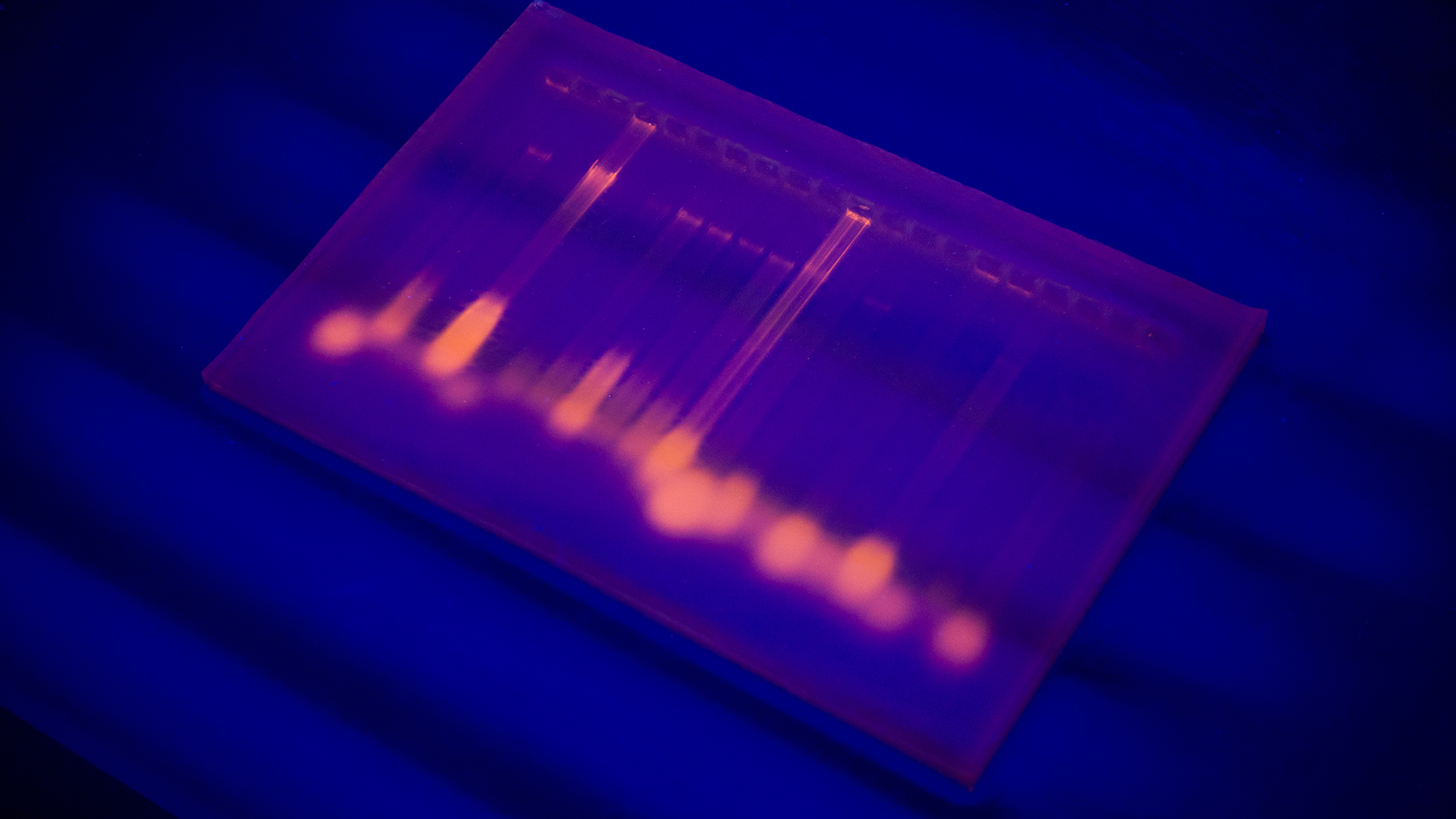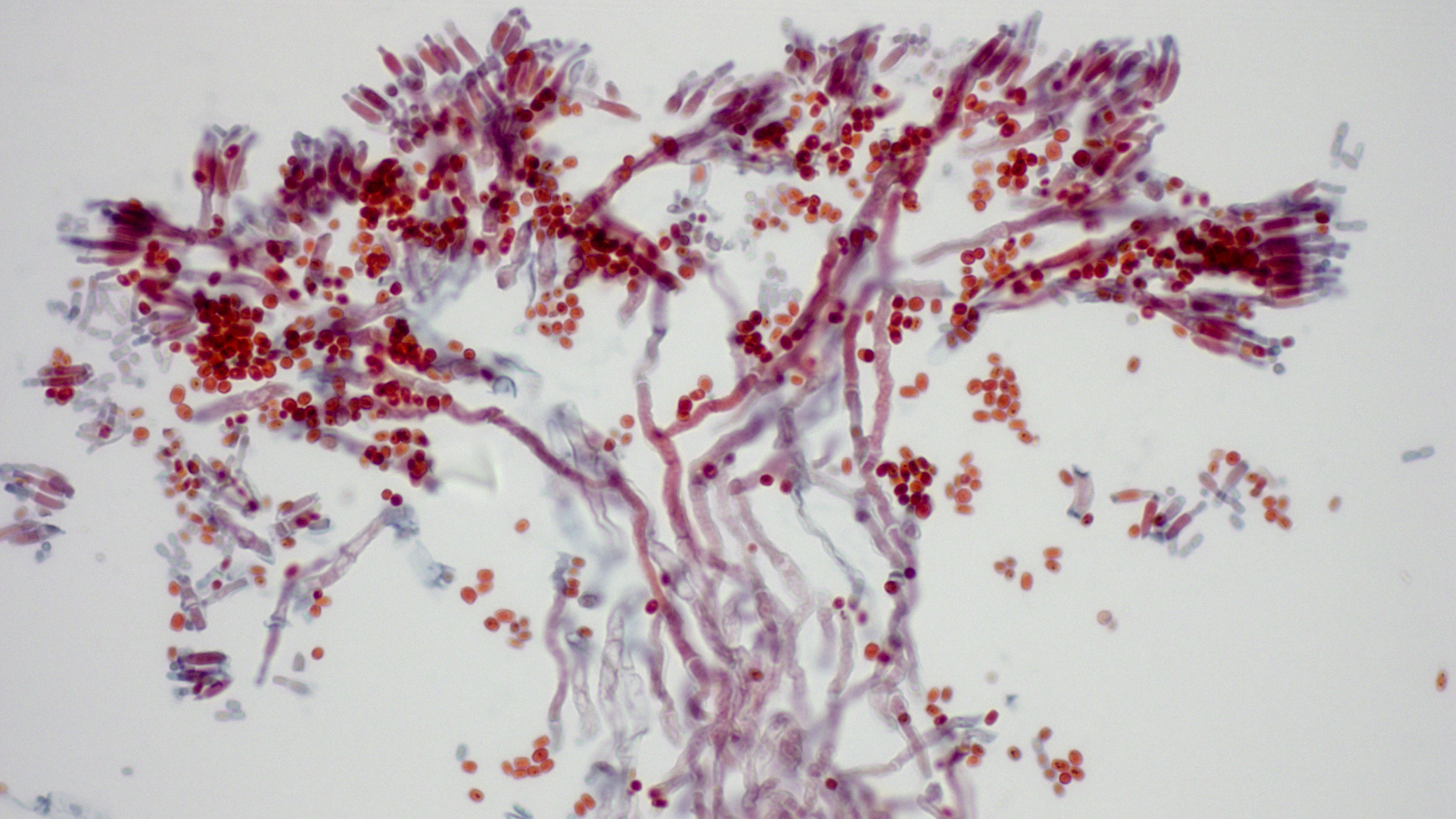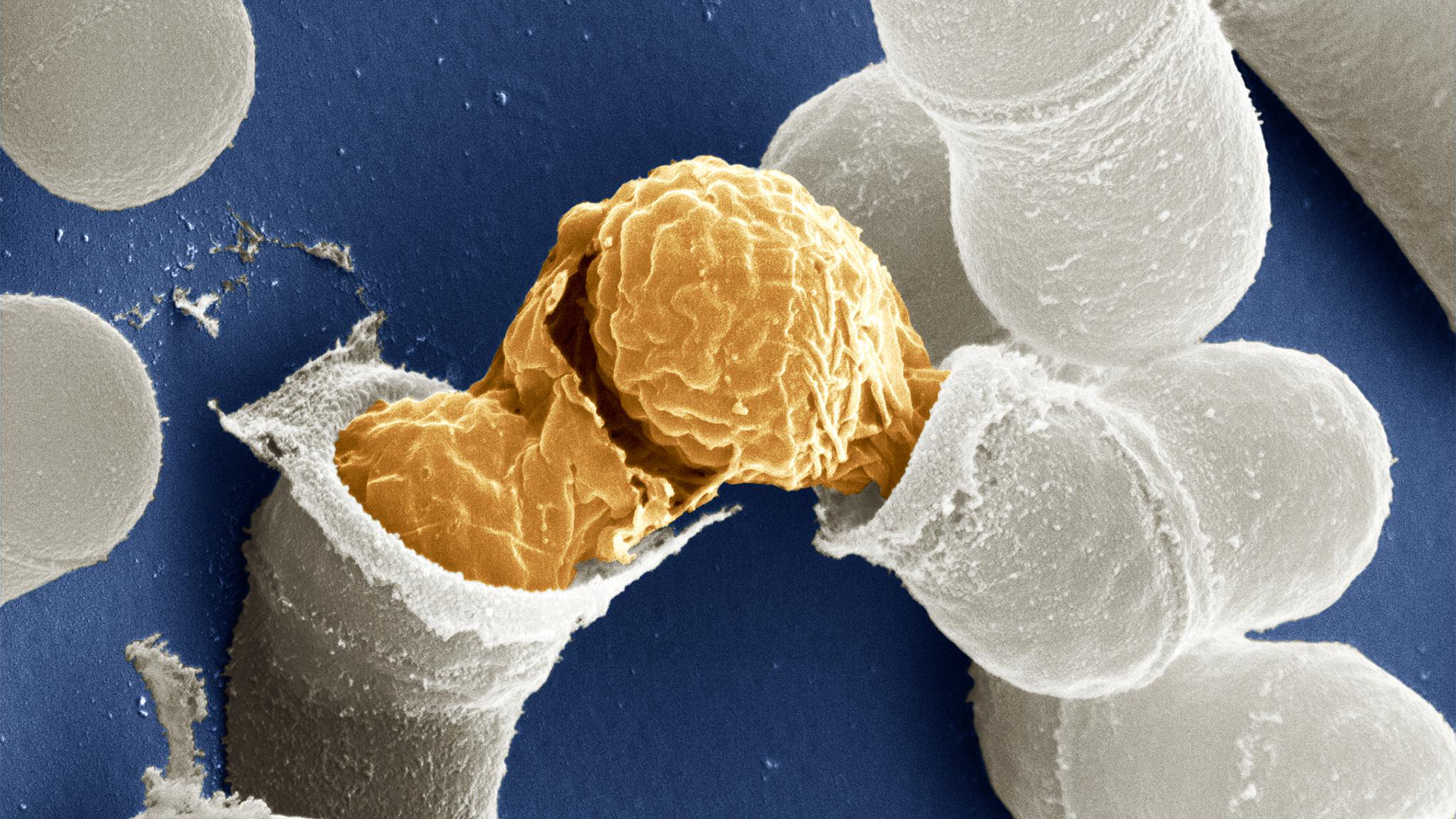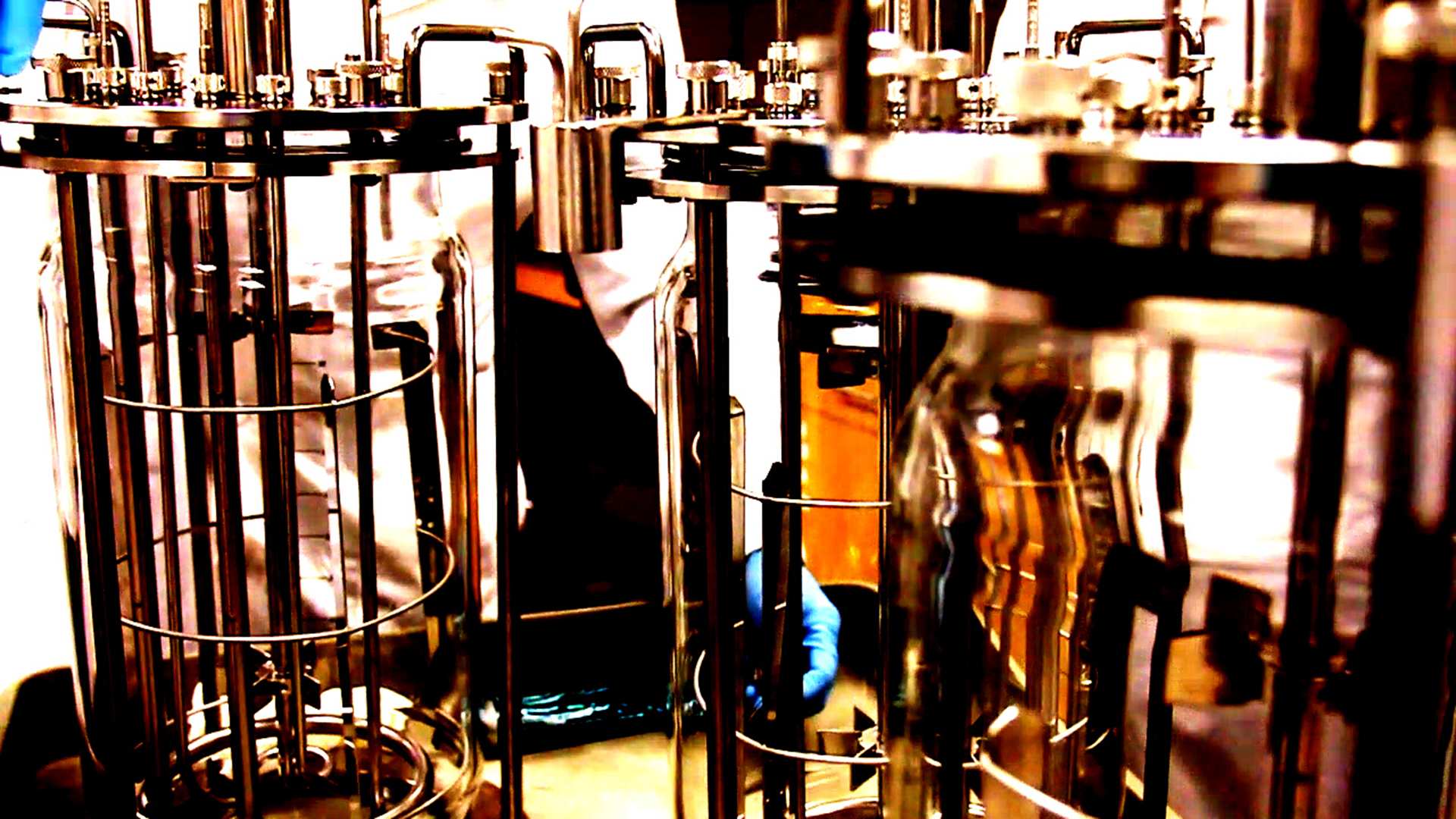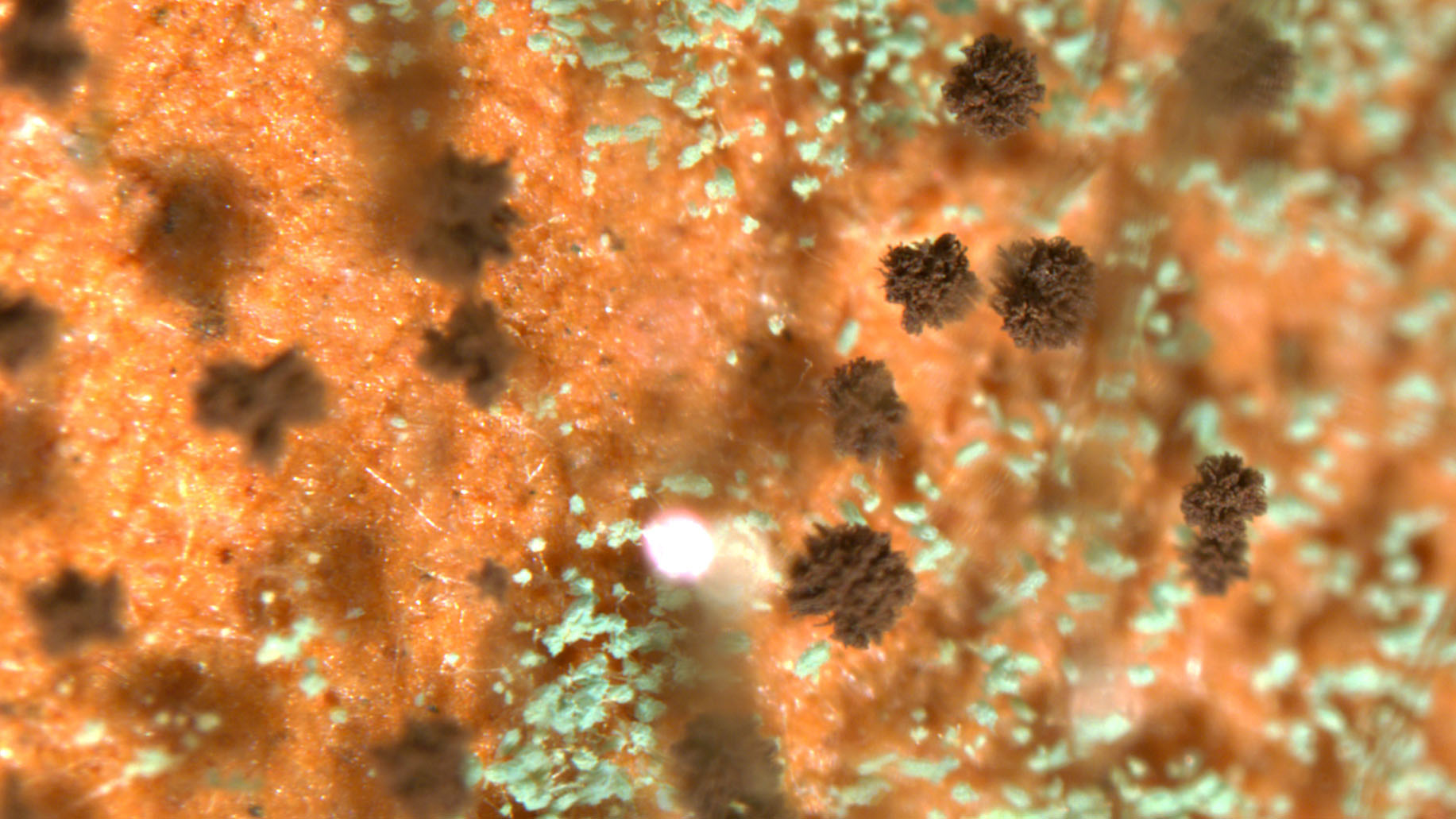Section for Synthetic Biology
Synthetic biology is based on the mindset of seeing biology and biotechnology in particular as an engineering discipline like any other, such as seen in electronics or mechanics.
The discipline is based on combining biological components – both those found in nature and new synthetic components – to achieve new functions, qualities and products. It allows us to tap into the diversity of nature and biological solutions based on millions of years of evolution and combine them to design biological solutions for current and future challenges.
Head of section
Rasmus John Normand Frandsen Associate Professor Phone: +45 45252708 Mobile: 2251 1435 rasf@bio.dtu.dk
Properly applied and developed, synthetic biology has the potential to be a transforming technology for our society, with built in sustainability.
The Section of Synthetic Biology hosts the primary synthetic biology and cell factory engineering activities of the department. The section is host to synthetic biology research activities in a wide palette of organisms including representatives from bacteria, fungi, and plants. The research spans method development for gene and genome editing, bioreactor cultivations for quantitative physiology, synthetic biology, regulation engineering, protein production, expression, and discovery of bioactive compounds.
We study a variety of conventional and non-conventional cell factories, in particular yeast, filamentous fungi, plant cells, and bacterial cells as well as organisms usable for genome mining for potential products.

